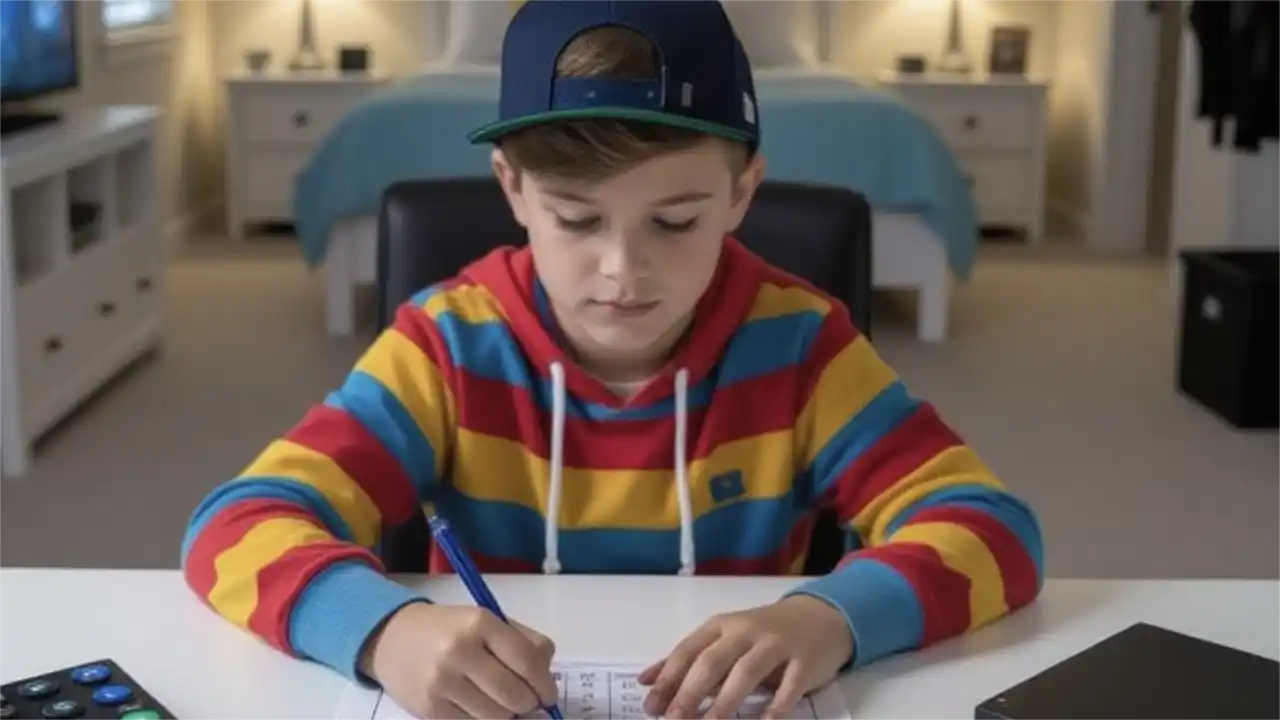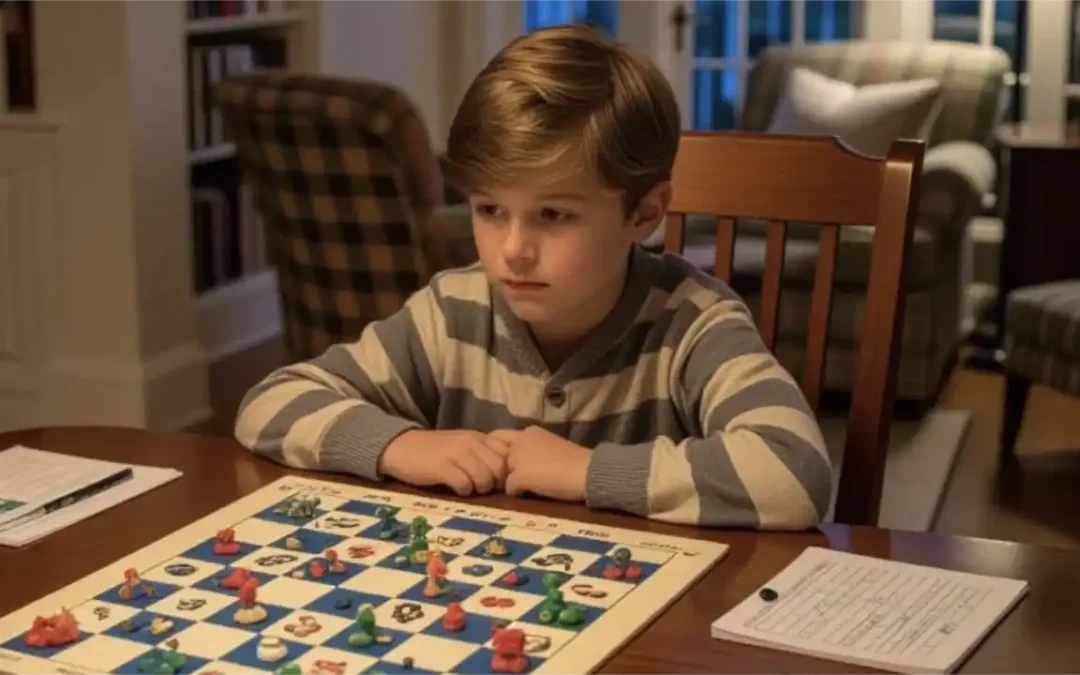
Core Critical Thinking: Challenge False Patterns
C
hildren are naturally drawn to patterns, but they often mistake random streaks or coincidences for hard truths. Believing that lucky socks guarantee a win, or that a random event signals a trend, can cloud their understanding of math, science, and even life decisions. Teaching them to ask, “Could this be random?” encourages a habit of questioning assumptions, building a mind that seeks evidence before jumping to conclusions — a skill vital for future scientists, analysts, or critical thinkers. These aren’t social assumptions or emotional shortcuts—they’re errors in spotting real-world patterns, like randomness mistaken for cause.
One morning, my son insisted that wearing his favorite cap made him win at his video games. Instead of laughing it off, I asked him how we could test the idea. He proposed tracking his wins with and without the cap over ten games. By the end, the results were almost identical, and he realized the cap had no magic power. It was a lighthearted moment, but the lesson was profound: correlation is not causation.
To instill this mindset, create a “Pattern Detective” challenge each week. Invite your child to notice a pattern they believe in — a lucky charm, a winning streak, or a classroom rumor — and design a simple test to examine it. Help them record their results on a probability chart and discuss what the data shows. Dice experiments, coin toss tracking, or using the “Probability Play” kit can make it fun. Over time, they’ll build the resilience to question comforting but false beliefs, laying the groundwork for real scientific thinking.
Core Critical Thinking

Core Critical Thinking: Strengthen Logical Reasoning
Develop logic through puzzles, questions, and analysis. Strong reasoning helps children make wise, confident decisions in life.

Core Critical Thinking: Test Reality with Science
Show children how to test ideas through observation and experimentation. Science nurtures accuracy, curiosity, and clear thinking.

Core Critical Thinking: Investigate Underlying Causes
Help children look deeper than surface explanations. Understanding causes builds reasoning, clarity, and meaningful learning.

Core Critical Thinking: Verify Information at the Source
Show children how to check original sources and reliable references. This builds strong critical thinking and informed judgment.

Core Critical Thinking: Question Every Claim
Encourage children to ask “How do we know?” Curiosity and reasoning help them think independently and avoid misinformation.
Table of contents

Primordial Soup for the Mind: Navigation
Navigate the book Primordial Soup for the Mind.
TIPS
- Ask “Could this be random?” when patterns arise
- Use numbers to test beliefs, not just feelings
- Log results to see what holds up
- Apply to daily life — routines, games, even moods
- Praise disproofs as signs of deeper thinking
ACTIVITIES
- Lucky Object Test: Have your child track wins or outcomes while using and not using a “lucky” object — 10 min
- Pattern Tracker: Record outcomes (e.g., coin tosses, dice rolls) and look for real vs. false patterns — 10 min
- Streak Buster: Name a belief (e.g. “I win when I wear red”) and test it with data over a week — 10 min
TOOLS
Dice, notebook, Probability Play app

Download “Primordial Soup for the Mind: A Parent’s Guide to Nurturing Intellectual Growth”
Enter your information to get this article and hundreds more as part of the FREE book Primordial Soup for the Mind.
Share your thoughts with the Thought Academy community in the Comments section below.

Sharpen those skills!
Enter your information to get our FREE practice exercises so you can hone your critical thinking and reasoning skills!







0 Comments